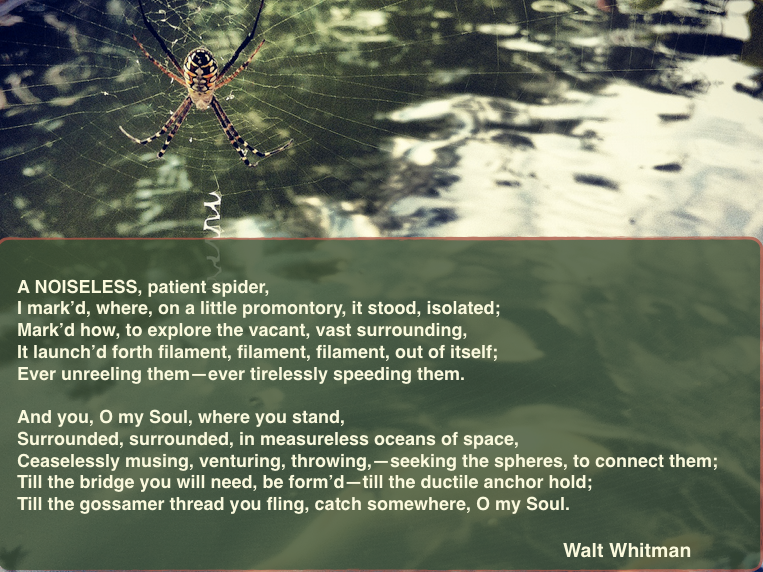A few weeks ago, right around the time I started to really get to know my students, a shy girl–the brooding artistic type lingered after class, nervously asking me if I had read The Perks of Being a Wallflower. When I mentioned that I hadn’t, she insisted that I should “definitely check it out.” She assured me that I would love it.
Coincidently, a short time later my wife read the book, and I began to hear about it from different people everywhere. It has since been passed around the grade eight and several of my students have taken to blogging about it. My wife was surprised that so many grade eight “kids” are reading it, as some of the main themes are “inappropriate.”
Since I am still mired in Infinite Jest, I haven’t had time to read the novel, but I just returned from a movie date. Yup you guessed it: sex, drugs and rock and roll and suicide and sexual molestation, and mental illness– it is all there. I would have loved this book in grade eight, so why do I feel nervous talking about it with my students? I have a book that kids are exited about it. They are asking me to read it. Isn’t this what we want?

cc licensed ( BY NC ) flickr photo shared by helen☺
Realistically there is nothing new here, nothing that wasn’t covered in Catcher in the Rye, but for some reason, anything that veers ever so slightly from the sterile narratives of life as puppies and rainbows makes us nervous. We pretend that young adults and teenagers do not swear, they don’t think about sex and they don’t drink or do drugs.
We tell them not to do these things, without giving reasons why, only to act surprised when they experiment and get lost, but here is the thing–whether or not we admit that kids are thinking about these big ideas, they are! They want to talk to us about drugs and sex and alienation. We owe it to our students to meet them at the edge of tension and their interests or we will lose them to sanitized versions of life that bore us all. Kids gravitate toward the dark frayed edges of life and we owe them literature, culture and media that helps them navigate these edges, but how do we know when is too soon?
I hate to pin everything I do based on who I was in middle school, but it is my main point of reference. I know that I really could have used some adults to talk to about so many topics deemed inappropriate. I figured it out on my own, like most of us do, but why do we force kids to do that? We have been there, don’t we owe it to them to help?
Experience has taught me that we underestimate kids at nearly every turn, but what do you think? I know many grade 11 and 12 teachers who are not shackled by taboo themes in literature. But what about middle school? How do you decide which themes are age appropriate? How do you know how far to go down dark paths? Can we teach this novel? Should we? Talk to me people…


